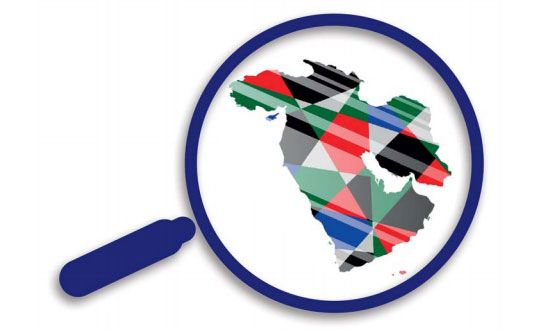Since its inception, the aim of intelligence analysis has been to provide a reliable description of reality and to generate knowledge about the enemy and the environment, which is required for the decision-making process. This is a process through which information becomes knowledge and knowledge is translated into awareness of the decisionmakers. At a time when the very nature of truth and the existence of facts are increasingly challenged, this is an especially important undertaking. Excellence in the depiction of reality is also a necessary condition for the intelligence’s second role, namely to wield influence.
In recent years, we have witnessed a process of maturing amid both analysis and assessment bodies, as well as among the consumers of intelligence. No one expects intelligence analysis to deal in prophesy, but rather to be able to narrow down areas of uncertainty and to conduct a knowledge-based dialogue with the decisionmakers in order to assist in a judicious decision-making process and in reducing the element of surprise.









